A-Qing ka na lang... (Part 1)
- Graziella Sigaya

- Aug 17, 2021
- 5 min read
Updated: Aug 17, 2021
This is a beauty appreciation post. Specifically, an appreciation for the shaved forehead and braided pigtails of the men in Qing dynasty (dramaland version). Sin-o naghambal nga bukon gwapo ang kalbo? Ipakalbo sanda dason ipa head-butt sa niyog.

Gamay nga backgrounder anay:
The rulers of the Qing dynasty (1644-1912), China’s last imperial dynasty, were not Han Chinese but Manchu, who were native to east Siberia and northeast Asia. During Manchu rule, men in China – with some exceptions – sported a shaved forehead and a braided pigtail that hung down their back. Ang amo dya kuno nga hairstyle is for the convenience of riding on a horse and hunting animals in the forest in mountainous area. Sikat ang archery kananda.
The Manchus thought the pigtail is where the true soul inhabits, regarding it as the essence of life. So, if a Baqi (Eight-Banner) officer or soldier dies afield, his pigtail must be taken back to his hometown, to be buried solemnly, which was called"Shao xiao bian" (sending back the pigtail).

Traditionally adult Han people did not cut their hair. Nagapati sanda sa hambal ni Confucius nga "we are given our body, skin and hair from our parents, which we ought not to damage." However, the first Manchu emperor of China, whose original name was Fulin and whose throne name was Shunzi, ordered all Han Chinese men to adopt the queue as a sign of submission to the new regime. This hairstyle was humiliating, but helped in identifying resisters. Ang ana mando, "Keep your hair, lose your head; keep your head, cut your hair." Tens of thousands who resisted were massacred. The only exceptions allowed were for Buddhist monks, who shaved their entire heads, and Taoist priests, who did not have to shave.
After 286 years people had accepted this hairstyle and when the Qing Dynasty collapsed in 1912 many people refused the new government's call to cut their queue!
And now, here's a serving of bald beauty realness:
My Fair Princess (1998)
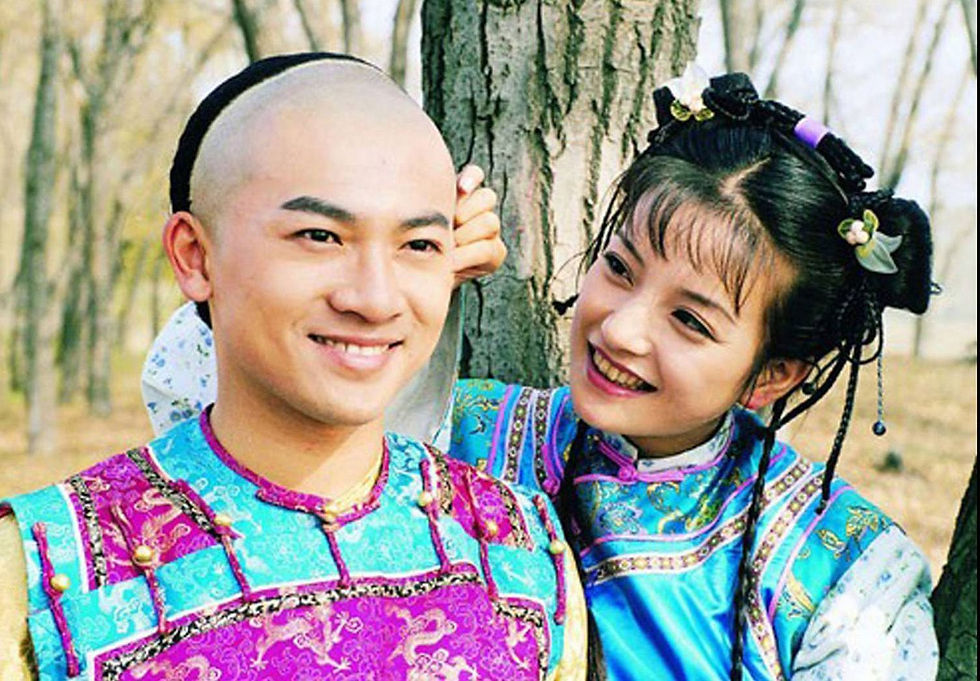
Yongqi formally known as Prince Rong, was a Manchu prince and the fifth son of the Qianlong Emperor. Arguably the most outstanding among the Qianlong Emperor's sons, he was, at one point, considered by his father as a potential heir to the throne.

My Fair Princess, also known as Return of the Pearl Princess or Princess Returning Pearl is a story set in 18th-century Qing dynasty during the Qianlong Emperor's reign. It follows tomboyish and innocent Xiao Yanzi, originally an orphaned and semi-literate vagrant in Beijing who, after befriending the emperor's illegitimate daughter Xia Ziwei, becomes a princess by accident. Although some characters, the plot premise, and certain sections of the story are based on historical events and figures, considerable artistic license was employed.
May certain charm ang mga tv series set in the 90s. Bisan bukon pa hipid ang CGI kag iban nga effects, pay man-anon gid nga ginhimo nanda dya in earnest. Nangin commercial success ang drama when it aired gani nagka season 2 kag ang season 3 in 2003 is with a different cast. Kang 2011 may remake pa gid entitled New My Fair Princess and according kay Wiki in 2021, the drama will be produced as web series with 38 episodes.
Scarlet Heart (2011)

Yunti, also known as Yinti and formally known as Prince Xun, was a Manchu prince and military general. In the drama, he is the forthright and sincere fourteenth prince, and the favored son of Consort De. He is loyal to his brothers and cares for them.
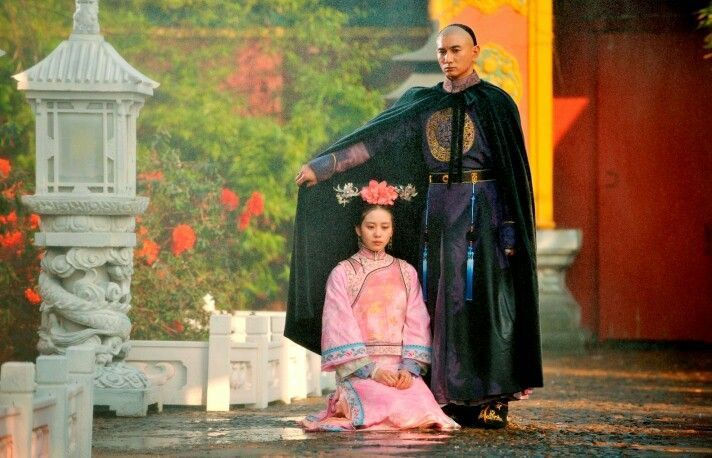
Based on the novel Bu Bu Jing Xin (Startling By Each Step) written by Tong Hua, this 35-episode drama adaptation tells the story of Zhang Xiao who, after an accident, wakes up in the body of Maertai Ruoxi, a young Manchu maiden during the reign of Emperor Kangxi. She encountered the Emperor's sons, who were involved in a lengthy battle for the throne. A pioneer of the time-travel genre in Asian television, Scarlet Heart was a commercial and critical hit, both in China and across Asia. Gani nagka Scarlet Heart 2 in 2014 kag may kdrama adaptation pa entitled Moon Lovers: Scarlet Heart Ryeo in 2016.
Amo gid dya ang pasimuno ka mga transmigration trope nga masakit sa tagipusuon. A love story that lingers, kag kun waay kaw preparation, could scar you for life. If you don't mind doomed romances that much hay laon timo thus doom-proof, you can enjoy this drama for it's well-written narrative. Balon lang box of tissues ukon panyo.
Empresses in the Palace (2011)
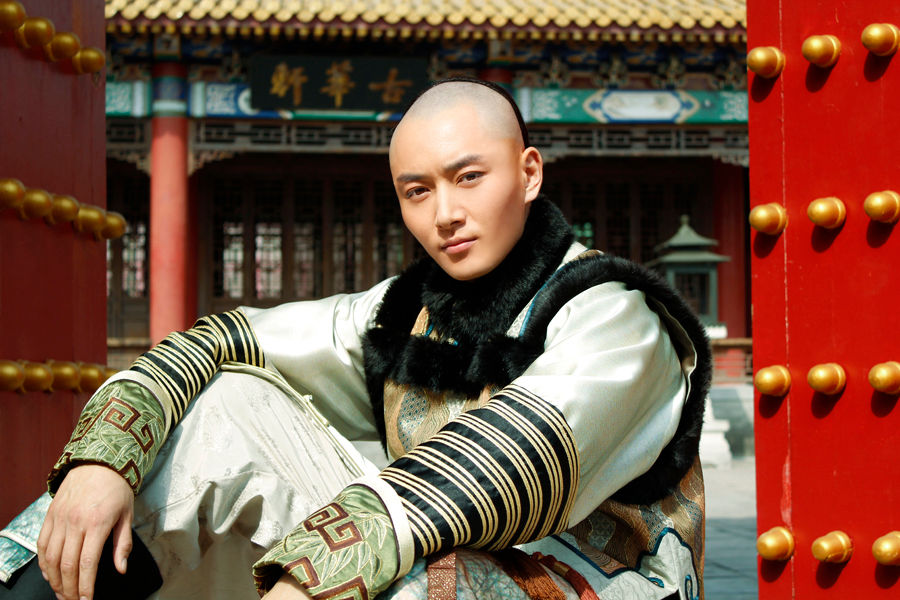
Yunli, born Yinli, formally known as Prince Guo is the 17th Prince of the Kangxi Emperor. He is the favored half-brother to Yongzheng and admirer of concubine Zhen Huan who cares for her after she leaves the palace.

Empresses in the Palace, also known as Legend of Concubine Zhen Huan, is a 2011 Chinese television series based on the Internet novel of the same name by Liu Lianzi. This is the story of a young woman born of the Eight Banners' family who marries the Emperor. After surviving many murderous scandals and betrayals, she prevails as the most powerful woman in the Emperor's harem, the Empress Dowager. In the process, she transforms from a kind-hearted, clever girl to a power-hungry, manipulative woman.
Malawig-lawig gawa dya nga series with 76 episodes but it's filled with awesome costumes and equally stunning women of the imperial palace.
The Deer and the Cauldron (2014)

Wei Xiaobao is witty, sly and illiterate person, he was born to a prostitute from a brothel in Yangzhou. He bumbles his way into the imperial palace and has a fateful encounter with the young Kangxi Emperor, with whom he develops a friendship. By sheer luck and wit, Wei succeeds in accomplishing a series of tasks that would affect the events during the Kangxi Emperor's reign.
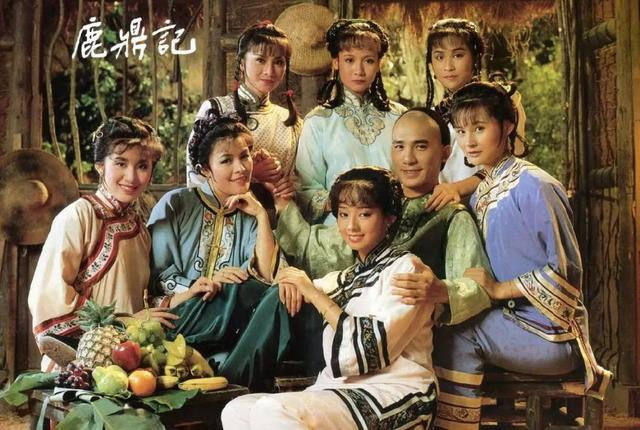
The Deer and the Cauldron, also known as The Duke of Mount Deer, is a historical novel by Jin Yong (Louis Cha), the longest of his novels and the last to be published. Although the book is often called a wuxia novel, it is not quite typical of the genre: the protagonist, Wei Xiaobao, is not an adept martial artist, but rather an antihero who relies on wit and cunning to get out of trouble.
Raku dun ang adaptations na ka dya, tv series kag movies, kag ang pinaka latest is the 2020 cdrama, nga duro gareklamo hay nasobrahan kuno ka pa tarso ang itsura ni Wei actor. But if you don't mind slapstick comedy and enjoy the hilarious ways in which our hero solves his problems (and protect the emperor), this is an interesting drama for you. Maintriga kaw pa gid on how he achieved his seven wives.
The Great Protector (2014)
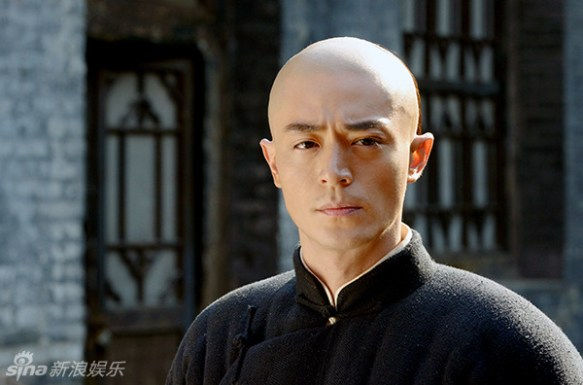
Li An Shun is the eldest disciple in a sect. He is virtuous and loyal. He is poised to take over the business from his teacher and to marry his daughter. However, his uncompromising follow-the-rules attitude leads him into a series of incidents that causes him to be disgraced.
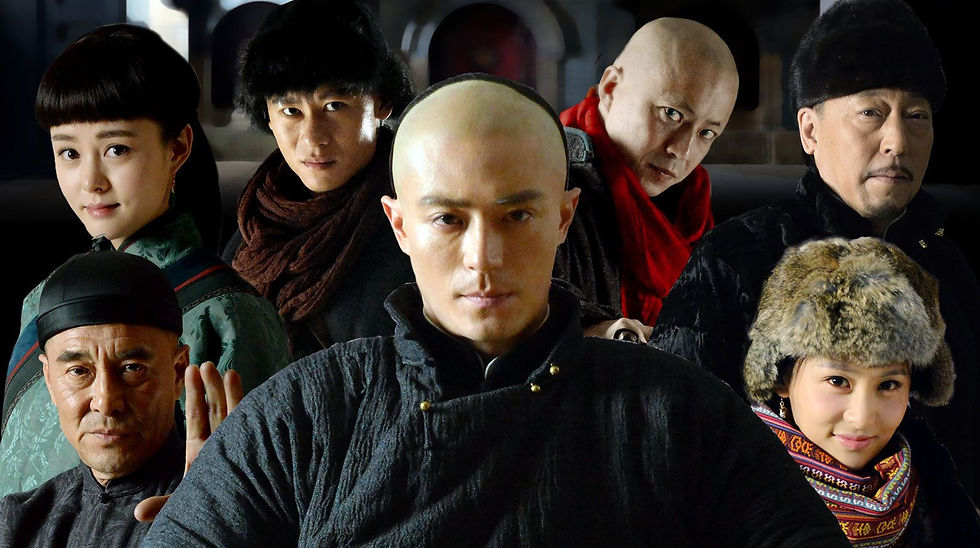
The Great Protector is a 2014 Chinese drama series set during the chaotic times at the end of the Qing dynasty and in the early Republic of China. Elder escort master Dai establishes a reputable armed escort business and his disciple Liu Anshun is not only the one to follow him up as head of the business, he is also the one Master Dai wants to marry his daughter Dai Rong. Unfortunately, Liu Anshun is forced by circumstances to go to Beijing alone, where he establishes an escort business on his own. He grows out to be a legend in the escort world.
According sa nakalantaw (hay naka bookmark pa lang dya sa to-watch list ko), "it has moments of decent fight scenes, a very unique love story between the lead actors and the best part is the historical accuracy of the events of that time." So if you're into action and martial arts, this is a series for you. Thirty-eight episodes lang.
First serving pa lang dya... see you sa next post.
Salamat kay Ahjumma Perlas ng Silanganan for the valuable contribution. Padayon ang pangolekta!!
Reference:
Pics grabbed from the web. Credits to owner.






Comments